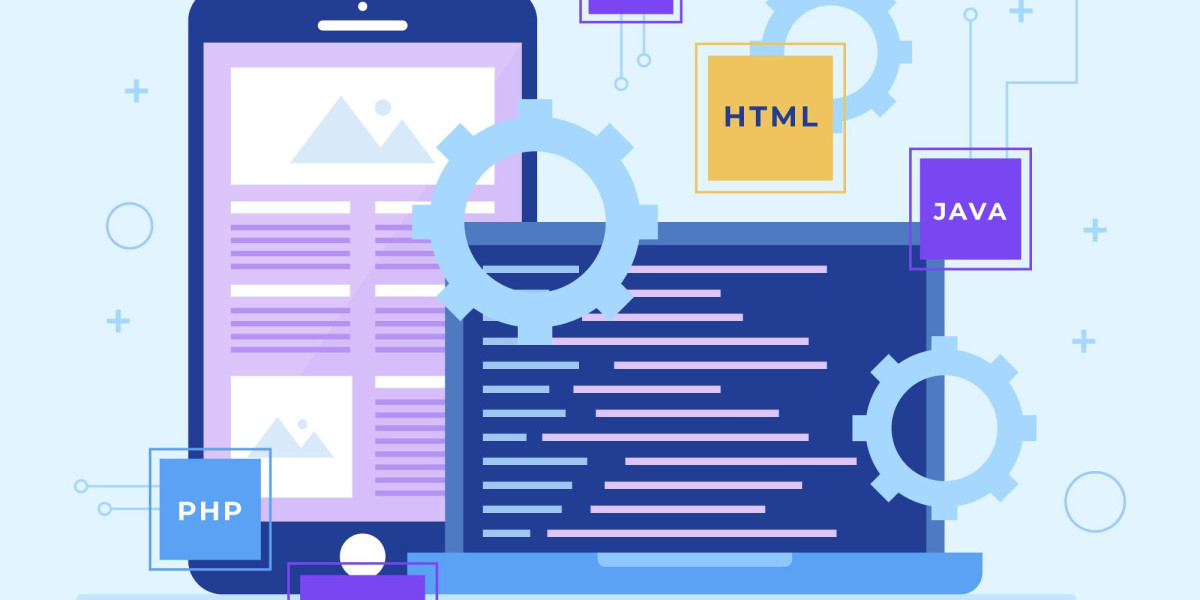What is Platform as a Service (PaaS)?
PaaS cloud computing services offer a platform for developers. They build and create apps using this. Hosted in the cloud frees organisations from managing the usual app development infrastructure. PaaS is more than a tool. It includes databases, middleware, and development tools.
Scalability lets businesses grow or shrink operations as needed without the limits of server space. Flexibility is another feature. Developers pick what they need, fitting the platform to their project. PaaS also enables great teamwork.
Core Features and Functionalities of PaaS
Integrated Development Environment: PaaS offers an environment where developers write, test, and deploy code. This includes tools for debugging and version control, making development smoother.
Middleware Services: PaaS provides middleware services. These act as links between apps and databases, easing the development of interconnected applications.
Automated Backups and Recovery: PaaS includes automated backup and recovery. This keeps data safe. If there’s data loss or a security issue, businesses can quickly restore their apps, reducing downtime and data loss.
When is PaaS Used?
Platform as a Service (PaaS) is vital for many business scenarios in cloud computing. Knowing when to use PaaS is key, especially for organizations working with cloud consulting companies on their cloud strategies. Let’s look at when PaaS is most valuable.
Why Businesses Are Turning to PaaS
Platform as a Service (PaaS) has become vital, especially for cloud application development. Let’s explore why businesses choose PaaS for its cost benefits and efficiency.
Streamlined Development Process: PaaS simplifies application development. It gives developers a ready platform with software, middleware, and infrastructure the provider maintains. For a cloud application development company, this means quicker product launches and market entry.
Flexibility and Scalability: PaaS is flexible and scalable, which is key in today’s market. Businesses can adjust their operations without big investments in infrastructure.
Innovation and Competitive Edge: PaaS drives innovation. This helps them compete with larger firms, making PaaS a game-changer in levelling the playing field.
Reduced IT Overheads: Traditional development requires heavy hardware, software, and personnel investment. PaaS removes these costs, shifting from capital to operational expenditure.
Comparison of Top PaaS Providers
Amazon Web Services (AWS) Elastic Beanstalk: AWS Elastic Beanstalk is user-friendly, especially for those familiar with AWS. Amazon consulting services support many languages and have great integration options. But, it may be costly for smaller projects.
Microsoft Azure: Azure integrates well with Microsoft software, making it good for businesses using Microsoft heavily. It offers many services and supports various languages. Azure’s hybrid cloud capabilities are a plus for complex cloud needs.
Google App Engine: Google App Engine is highly scalable and supports popular programming languages. It suits businesses needing scalability and Google’s machine learning and analytics tools. But, it might be less user-friendly for those new to Google’s cloud.
Heroku: Heroku, owned by Salesforce, is easy to use and supports many languages. It’s popular among startups and small businesses. Its integration with Salesforce services makes it attractive for Salesforce CRM users.
Key Factors in Selecting a PaaS Provider
Compatibility and Integration
Security and Compliance
Scalability and Performance
Cost Structure and Pricing
Support and Reliability
Strategies for Successful PaaS Implementation
Comprehensive Integration Planning
Robust Security Measures
Investing in Training and Skill Development
Clear Understanding of Pricing Models
Pilot Projects and Phased Rollout
Work with cloud consulting services for advice and support. They can guide on best practices, help with complex integrations, and support the transition.
Conclusion
PaaS points to a future of more collaboration and connection in business. Cloud platforms like AWS, GCP and Azure will make it easier to work together, even globally. This will be important for tackling complex issues and pushing forward together.
Businesses must stay informed and adaptable in the ever-changing cloud computing landscape. Being proactive with technology adoption and open to new methods is necessary to stay ahead.
For more details: https://www.a3logics.com/blog/paas-cloud-computing-model








